It would seem that the Asake madness isn’t ending anytime soon. At least, for the rest of this year.
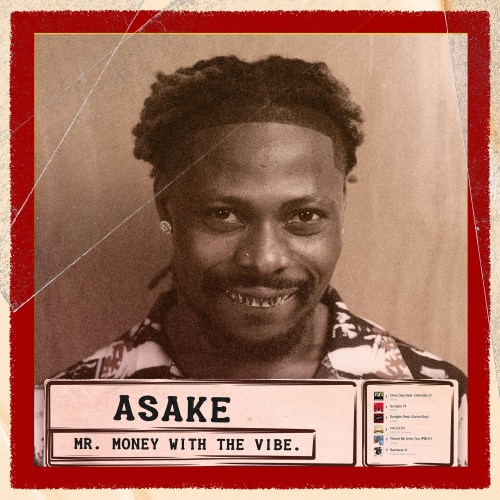
Asake’s run in 2022 is simply unprecedented and one-of-a-kind. Any statement or claim that attempts to detract from that is simply derogatory, erroneous and should be taken with a pinch of salt. It has never happened before in contemporary music times that an artist in their breakout year would have 5 major hit records in 6 months. Omo Ope, Sungba, Palazzo, Peace Be Unto You and Bandana—where he was featured on—were all massive hit records that are comfortable top 10 biggest records of the year. Matter of fact, about 3 out of those records—Sungba, Peace Be Unto You & Bandana—have a stake to song of the year.
This isn’t the first time an artist in their breakout year, or simply a career peak—would have such a trailblazing year that would set the whole industry and country at large, ablaze. We’ve had Olamide’s run in 2015 with Bobo, Melo Melo & Lagos Boys, Davido in 2017 with IF, FALL, & FIA, and Burna Boy in 2018 with Ye, Gbona & On The Low.
There has also been other momentous breakout years in recent times. Naira Marley’s controversy-stirred 2019, that churned out hit records and triggered socio-political commentary. Omah Lay’s lock-down inspired rise to the zenith of mainstream music, at a time where the soundscape of the industry changed, BPM’s slowed down and the zeitgeist became more unpredictable than ever. And BNXN’s golden touch as a featured artist, that saw him go on a jewelling streak, last year. None though have come close to the impact of Asake’s and that’s an undisputed fact.
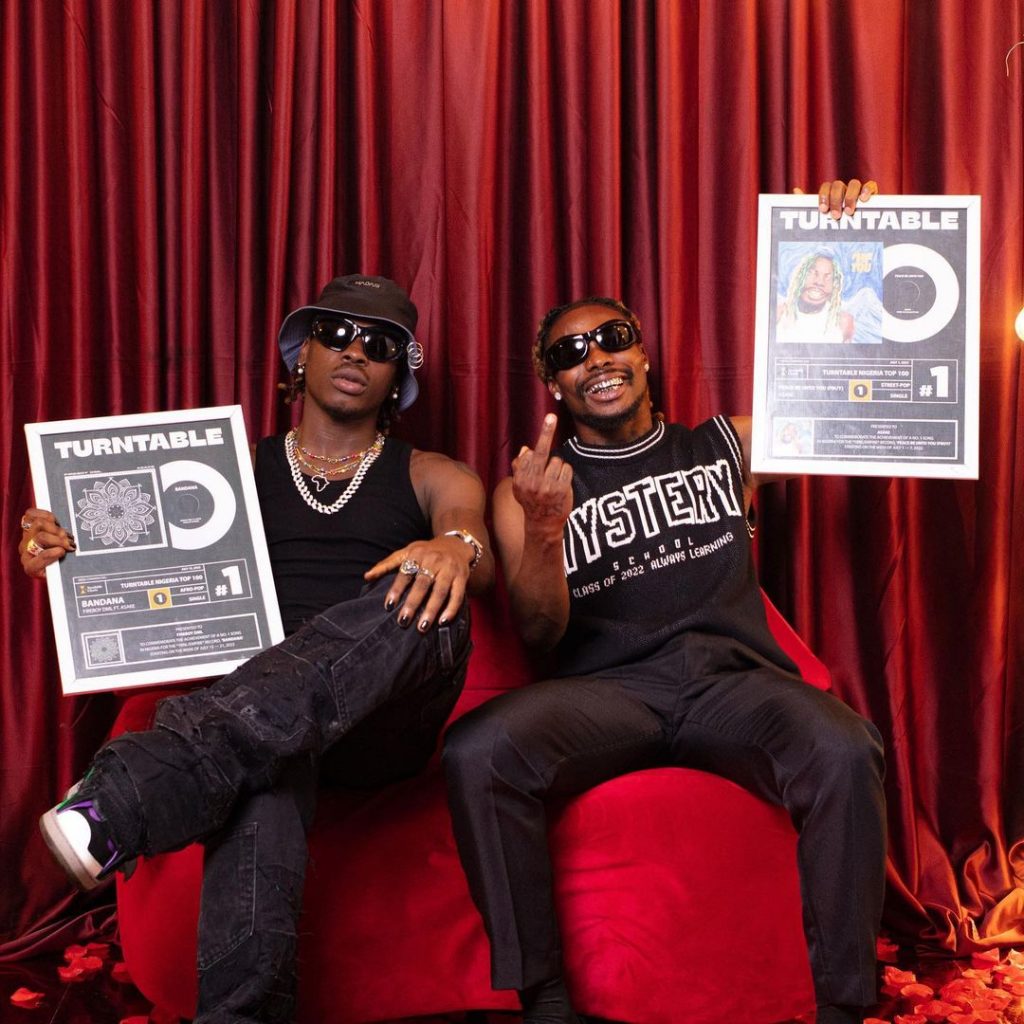
Asides the numerous massive hits that the YBNL act has belted out in so short a timeframe and the seismic impact, his sonics have had on the general mainstream—the denominator here being other artists imploring his use of crowd vocals to similar success—he has also capitalized on his immense momentum and released an album of the year, contender. Yes, Mr. Money With The Vibe is that great an album and its brilliance is evident.
The album’s opener, Dull is an instant earworm and doesn’t pull it punches in serenading the listener from the get-go. The crowd vocals here are more dominant than ever, with the harmonizing of various vocal notes, overlapping each other so pleasantly, that it clinches the euphonious heights that’s mostly affiliated with gospel music.
The percussion is stripped back and the vocals, that are mostly eulogizing chants, cruise over the mellow baseline. It is a very brief, but succinct opener—an arch type of album openers like we’ve seen on Boy Alone, earlier this year with recognize—and it works well. Asake isn’t saying much here asides promising that he would be relentless and not dull, now that he’s finally attained his superstar status. This is nothing other than a glaring indicator, that the artist has been ready for the spotlight for years and has done meticulous planning in anticipation of it.
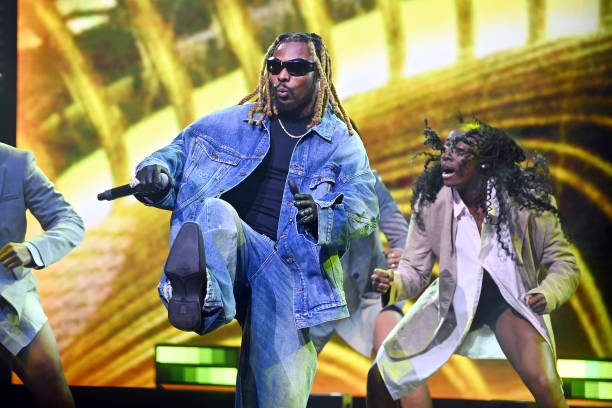
The transition from Dull to Terminator, the last pre-preleased single—is seamless and almost goes unnoticed. This is an hallmark of great albums and one that’s present for majority of the project. When Organise comes on, we’re back to typical Asake business, with the prominent genres of Fuji in his vocal texture and Amapiano—in the way of South-African log drums and percussion, coming to the fore. Like most of his other smash-hits, Asake implores a sung-rap delivery on the record, although the hook is entrenched in the live-esque feel of Fuji music.
Alongside Dupe, a groovy House record with pulsing minims and a reverbing bass—Organise is tailor made for Gen-X and Baby Boomers re-union social functions, where they’re clad in resplendent native regalia of sprawling Agbádás and stone-studded Ìró & bùbas—and take to the dance floor in braggadocious swagger in an unspoken contest of who can spray the most exorbitant amount of money in the short time frame the song plays. It also fits the bill of songs, that soundtracks the power dance of exhilarated parents on the wedding day of their children, as they thank God for his blessings and dupe that their time to shine has come.
That’s the greatest strength of MMWTV and why it is primed to become a classic album. It has mainstream appeal that’s so resonant, that it goes beyond the primary Gen-Z market that has access to DSP’s and the internet. For example, the 7th song Joha is a premium ratchet, street-lamba song. It’s the type of song you hear blasting in deafening loud volumes at street carnivals and youth fiestas, that send said youths into unhinged craze, breeding organized chaos in the surrounding environs, that doesn’t stop until the beat drops. This Twitter user in the below tweet, encapsulates the scenario perfectly.
With this album, Asake also puts some scathing criticism about his music being monotonous and one-dimensional to rest. Muse is a mellow R&B record, straight out of the ghetto—for the articulate and exposed gangsters, who are still razz to their roots but love way too hard, whilst still being prone to the toxic vices of promiscuity & polygamy in such environment. The song is matter-of-fact and straight to the point and doesn’t project a lover-boy feel that doesn’t fit with the rest of the album’s narrative.
Nzaza is another record that’s slowed down, but is more typical of the Asake formular than Muse. The BPM is lower, thus letting the powerful riffs of the violin soar even higher and hit more transient notes. The same thing could be said for Ototo, except the violin gives way for a more pulsating baseline during the hook. Both records are conscious, inspirational records in a personal, non-preachy way. Nzaza leans more towards the gratitude aspect of appreciating blessings, whilst Ototo is the more cautionary, philosophical tale.
Reason ft. Russ is another valid testament of Asake’s underrated versatility. His melodic rapping is at its best again and he goes on a multi-syllabic run, finding pockets and gliding over the beat effortlessly. Russ’s cameo was also impressive and with the added vantage of his presence introducing the album to a broader market, it works well. Sunmomi is the last new song on the album and is the quintessential Amapiano record that doesn’t try to do too much lyrically, but has every facet of the percussion laced with beats and shakers, peculiar to the genre.
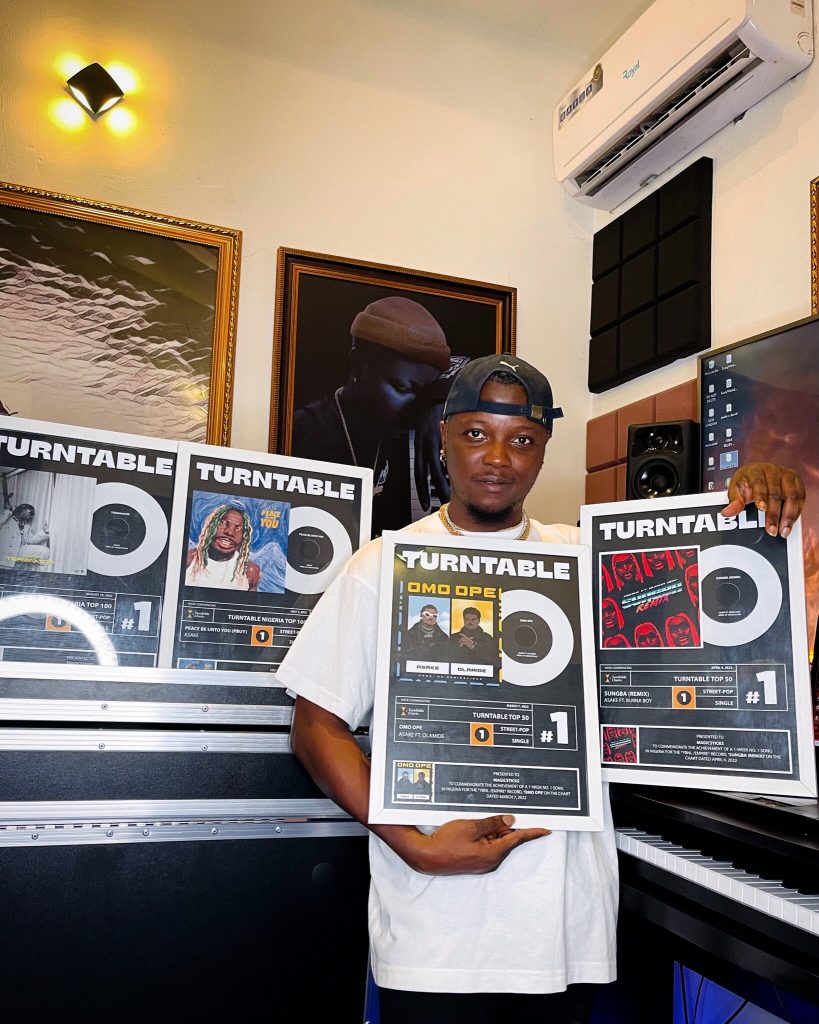
Of course, it would be criminal to laud the album without commending the genius of the producer behind it. Magicsticks’ synergy with Asake on the entirety of the project isn’t only groundbreaking in the manner of the boundaries they pushed with Amapiano, Fuji and Hip-Hop elements—but their willingness and confidence to brace the task.
Due to the volatility of the industry these days, when most artists unearth a working formular, they milk it dry until its stale. Magicsticks and Asake deserve their flowers for going out of the box, despite initially crafting a fully functional hit-making formular. It would have been so easy for them and also been a sensible commercial decision to stick to their initial guns and make the project a bloated, monotonous project of the same song, copy and pasted in varying melodies.
However, they didn’t and because of that, they have an album of the year contender on their hands, a potential classic and one of the best debut albums out of the industry in recent times. The A&R duties on the project is also exceptional—shout out to the legendary Baddo. The album’s track sequencing and arrangements is almost faultless, topical wise and for streaming optimization purposes, also.

This album really excels, because the artist made incredibly good resonant music out of different strife of life, whilst still making it very enjoyable and groovy. When you can make great relatable music out of vices, that different demographics and social classes can relate to? You have a timeless classic on your hands.
Verdict:
Sonic Cohesion: 1.8/2
Unharried Transitions: 1.6/2
Expansive & Pristine Production: 1.6/2
Songwriting: 1.8/2
Topical Progression/Track sequencing: 1.9/2
Total: 8.7/10.
This review is written by T.J. Martins, an Album Talks’ writer and it doesn’t reflect the opinion of the entire publication across board.
Listen to ‘Mr. Money With The Vibe’ here:


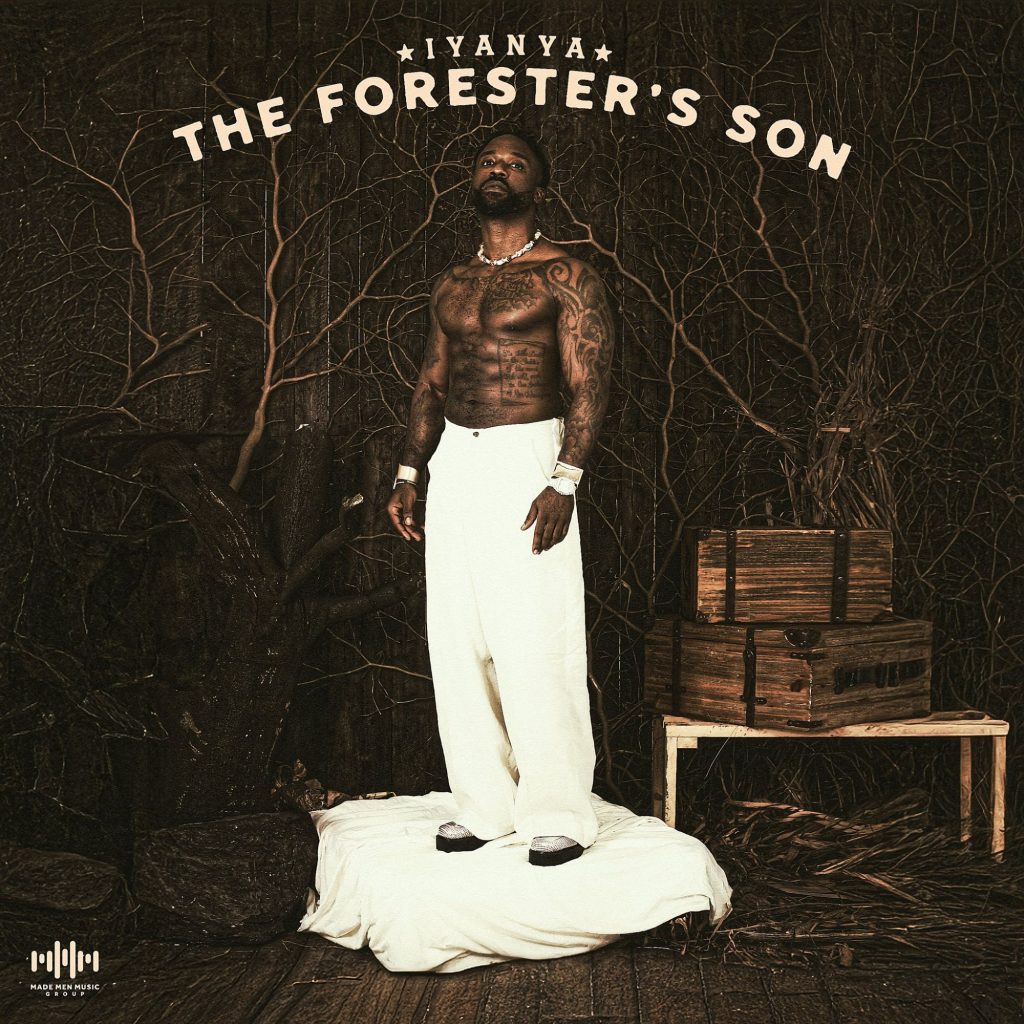

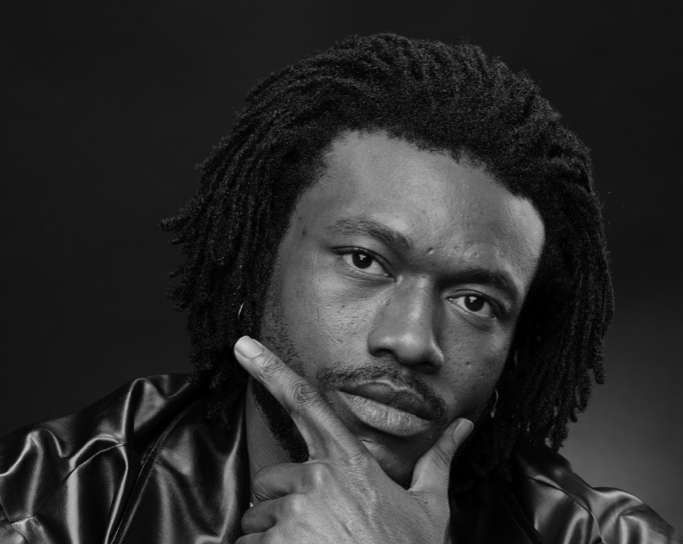
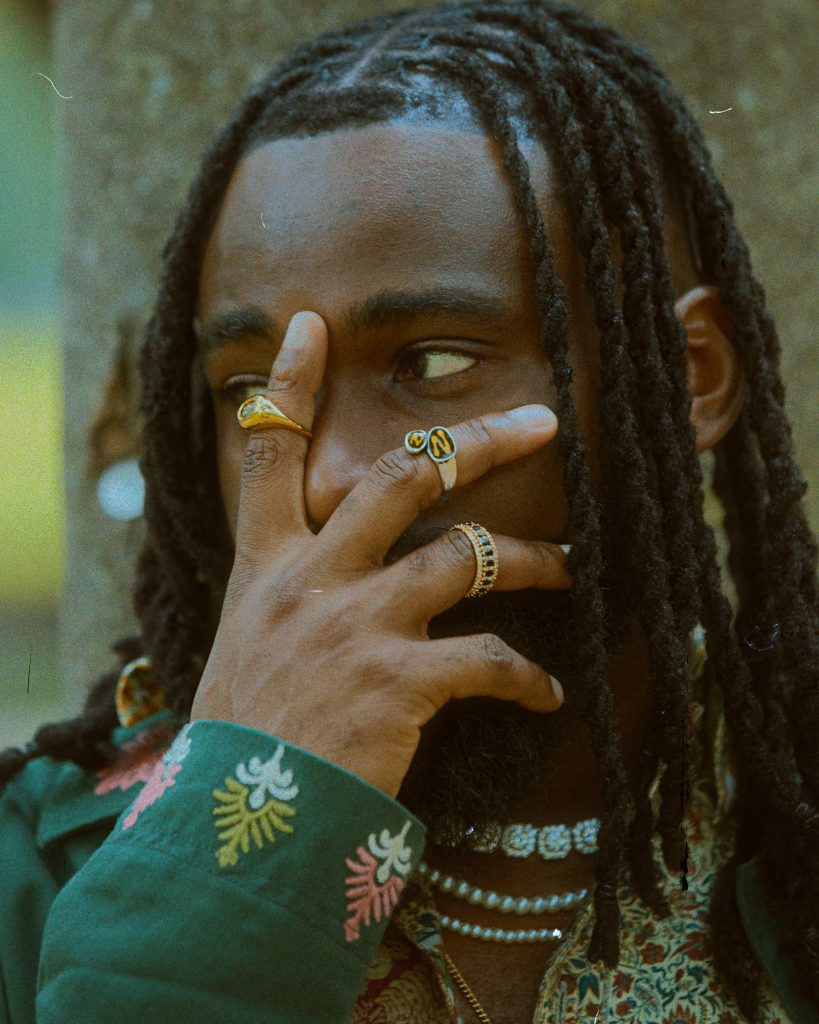

This review is not only informative but objectively analaytic. The dissection of this brilliant album to reviewable bits is remarkable. No doubt, Asaka and Magicsticks created magic but reading this review makes you appreciate it more. Excellent writing, informed analysis, and well structured delivery. Well done.
Thank you so much for reading! Appreciate it.